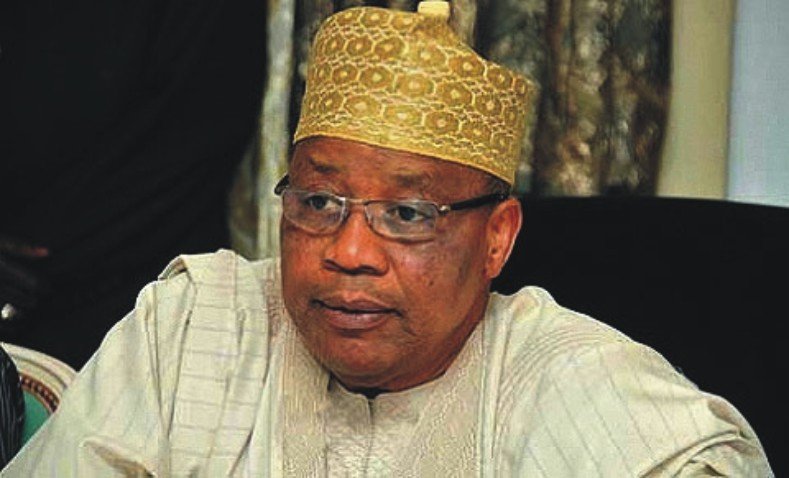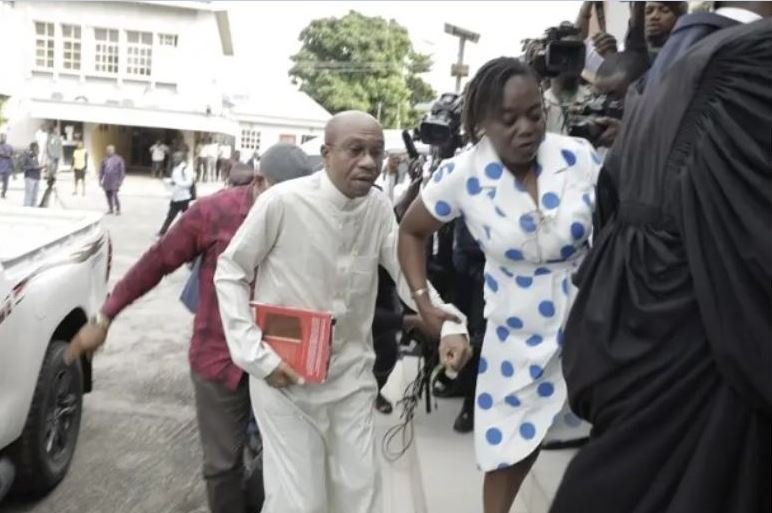The Nigerian Senate Committee on Power has begun a discussion with a South Korean energy firm, BK Energy, to explore mini-grid solutions and alternative energy sources for power generation, including using coconut-derived graphene.
This came against the backdrop of Nigeria’s persistent national grid collapse and epileptic power supply. This was as Abuja Electricity Distribution Company (AEDC) assured electricity consumers in the Federal Capital Territory (FCT) of full power supply from February 23, 2025.
AEDC, in a statement on its X handle in Abuja, yesterday, disclosed that the ongoing restoration efforts by the Transmission Company of Nigeria (TCN) on the underground transmission line damaged by vandals near the Millennium Park would be completed by February 23.
The company regretted the continued power supply disruption in Wuye, Utako, Jabi, Mabushi, and Katampe districts. Others are Life Camp, Wuse Zones 1 to 7, Wuse 2, Maitama, parts of the Central Business District (CBD) and surrounding areas.
During a meeting, yesterday, the Committee Chairman, Enyinnaya Abaribe (Abia South), told the South Korean delegation that Nigeria’s power sector remained stagnant around 4,000 megawatts due to outdated infrastructure and lack of transmission capacity to distribute additional power.
Abaribe emphasised that Nigeria’s biggest challenge was not power generation, but the inability to transmit and distribute generated electricity efficiently.
He said: “Our major concern is how to break the bond and bridge the yawning gap of insufficient power generation in the country. We want practical solutions, not just theories.”
In response, BK Energy representatives, Haeagwoo Lee and Sangwoo Park, recommended a mini-grid system to decentralise power transmission and prevent national grid failures. Lee highlighted that South Korea, with a population of 50 million, generates 130,000 megawatts without relying solely on a single national grid.
“Decentralising power generation and transmission will reduce energy waste and frequent grid collapses,” he added. The South Korean experts also proposed using coconut, which is abundant in Nigeria, to produce graphene for electricity generation, like South Korea’s model.
“Coconut trees can be harnessed to build power plants in local communities, providing sustainable and decentralised energy solutions,” he stressed. Earlier, Chairman and CEO, TUG Energy, Uzo Udemba, who facilitated the meeting, urged Nigeria to embrace Green Hydrogen technology and move away from the outdated national grid model.
He noted: “Many countries are shifting away from centralised power storage and distribution to avoid the frequent collapses Nigeria faces. BK Energy is here to introduce new technologies and train Nigerians in power generation, transmission and distribution.”
The Senate committee expressed readiness to work with BK Energy and other investors to develop mini-grid systems and explore coconut as alternative energy sources, marking a possible turning point in Nigeria’s quest for reliable electricity.











